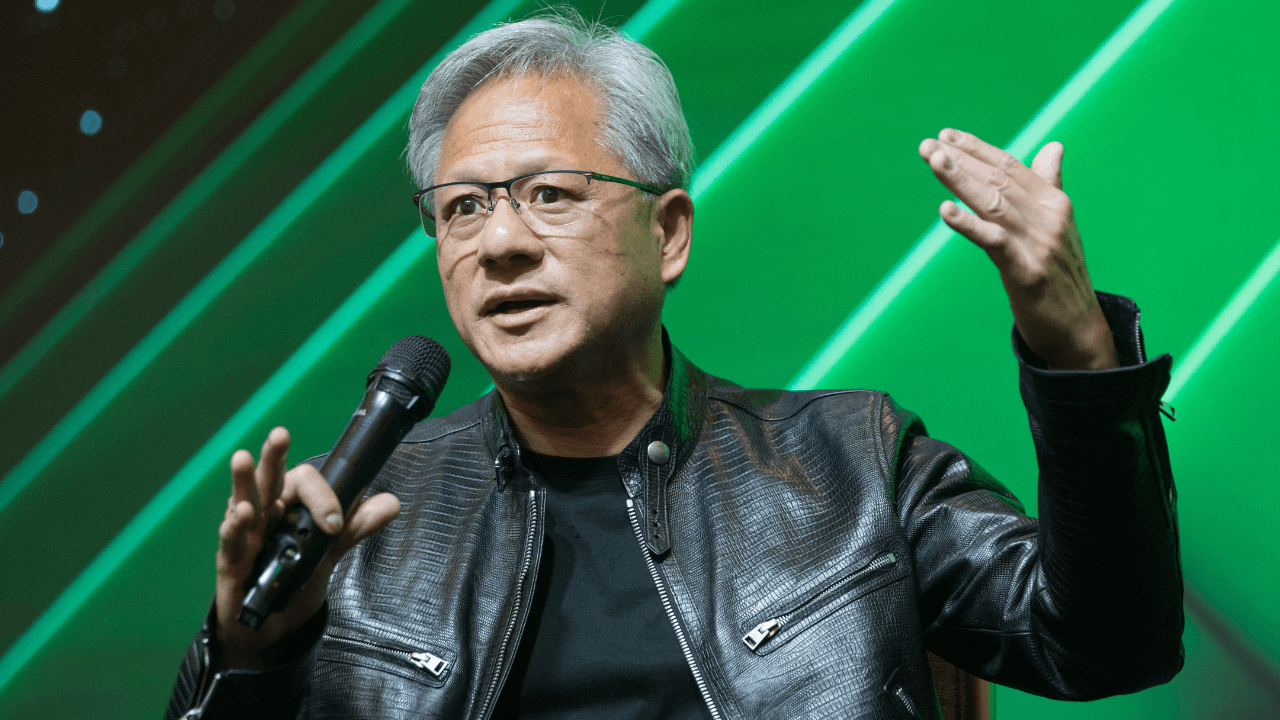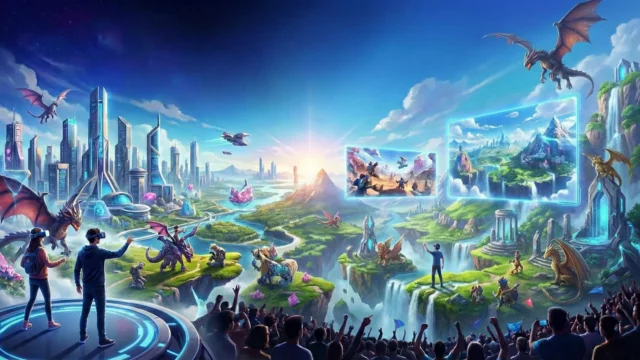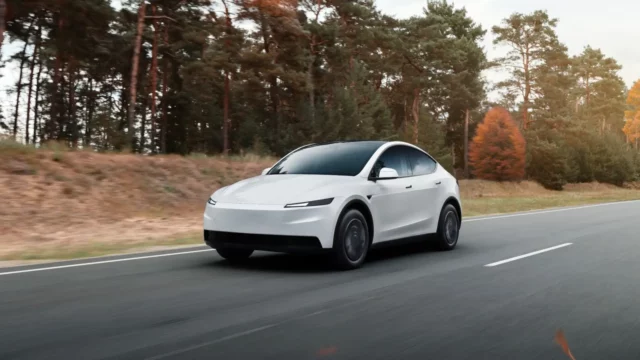Nvidia achieved a historic first this week by reaching a market capitalization of $4 trillion. This figure alone is larger than the combined economic size of the United Kingdom or Germany. However, according to Nvidia CEO Jensen Huang, this success isn’t just a financial one. Huang stated that the graphics processors (GPUs) the company produces are at the heart of a process that will restructure not only software but the entirety of human life.
Nvidia Hits Record Revenue!
In an interview with CNN, Huang stated that Nvidia’s chips are powering artificial intelligence, and that this transformation will impact all industries. He noted that every major AI application, from systems like ChatGPT to large-scale models from Google and Microsoft, runs on Nvidia hardware. He stated that these technologies will transform not only white-collar workers but the entire workforce.

“AI will impact everyone’s jobs. Some jobs will disappear, while others will be reborn,” Huang said, adding that while increased productivity can improve prosperity across society, this process won’t be painless.
According to a study by the World Economic Forum, 41% of companies plan to reduce their workforce due to AI by 2030. Huang stated that the use of AI within Nvidia has become not only encouraged but also mandated.
Huang, who believes that AI will increase manufacturing capacity, advocated for the re-industrialization of the US. He emphasized that a culture of manufacturing is critical not only for economic growth but also for social stability.
These statements align with the “Made in America” policies initiated during the US President Donald Trump era, which prioritize domestic production. Huang stated that domestic production will strengthen national security, reduce reliance on foreign suppliers, and open up high-paying job opportunities to a wider audience.
Huang also claimed that AI will revolutionize medicine. He said that models trained on proteins, chemicals, and genetic structures could accelerate the development of new drugs and ultimately be used to treat all diseases. He suggested that virtual assistant scientists will become commonplace in research laboratories in the near future.
Huang noted that advancements in physical robots will soon become apparent, stating that robots operating on a “vision-language-action” model could become a part of daily life within five years. These robots will be able to see their environment, understand instructions, and perform physical movements.
However, despite all these advancements, Huang also acknowledged the inevitable harms caused by AI. Referring to incidents such as Elon Musk’s Grok chatbot spreading anti-Semitic content, Huang said, “There will be some harm.” He added that, thanks to developing auditing tools, AI systems can monitor their own errors, and that this process is improving daily.













